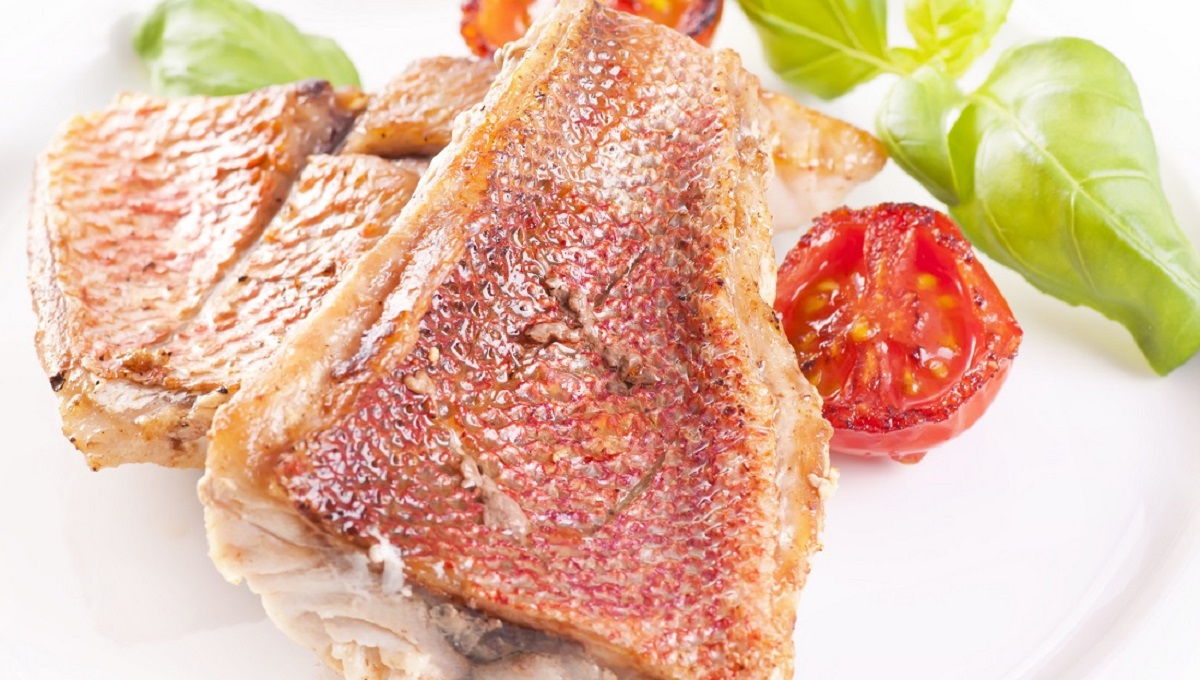A project looking at the surveillance and control of ciguatera poisoning in Europe has been given a second edition.
A launch meeting for EuroCigua II was attended this past week by representatives of 11 organizations involved in food safety and public health from five European countries.
Partners include the Spanish Institute of Agrifood Research and Technology (IRTA), Canary Islands Health Service (SCS), the French Agency for Food, Environmental and Occupational Health and Safety (ANSES), German Federal Institute for Risk Assessment (BfR), Portuguese Economic and Food Safety Authority (ASAE), and Dutch National Institute for Public Health and the Environment (RIVM).
Also participating in the three-year effort are the European Food Safety Authority (EFSA), the European Center for Disease Prevention and Control (ECDC), European Environment Agency of the European Commission, the United Nations Food and Agriculture Organization (FAO) and experts from research groups in the United States and Japan.
Aims second time around
Ciguatera is a type of food poisoning associated with consumption of fishery products that contain toxins produced by a microalgae. The toxin does not affect the appearance, odor or taste of the fish and is not destroyed by cooking, refrigeration or freezing.
The role of the Canary Islands Health Service in EuroCigua II will involve determining the epidemiological characteristics of ciguatera, evaluating and characterizing ciguatoxins in fish and influence on the environment.
In recent years, 21 outbreaks have been recorded in the Canary Islands, with 125 cases. Fish species implicated were amberjack, grouper, pejerey and abade. From 2012 to 2018, four European countries reported 23 ciguatera outbreaks and 167 cases.
The objective is to improve diagnostic tools and scientific knowledge about this emerging risk, in the Canary Islands and the rest of Europe, to help authorities combat the issue. Efforts will be alongside projects such as CIGUARISK, which is a Spanish national research program. Minister of Health, Blas Trujillo, said the project would cover all aspects related to the identification, confirmation and quantification of ciguatoxins.
The meeting was organized by health officials in the Canary Islands and the Spanish Agency for Food Safety and Nutrition (AESAN).
Initial work
The first EuroCigua project, which ran from 2016 to 2021, focused on determining the risk of Ciguatera food poisoning in Europe, identifying prevention and control measures, fish species at risk and the influence of changes in the marine environment.
Results confirmed the presence of ciguatera poisoning in the European Union, and identified several species of fish with ciguatoxins in Madeira and the Canary Islands. The presence of Gambierdiscus in the Mediterranean Sea in Cyprus and Greece has also been found, as well as the first notification of several species of dinoflagellates in the Balearic Islands.
Symptoms usually develop three to six hours after eating contaminated fish but it may take up to 30 hours. Poisoning can cause gastrointestinal symptoms such as abdominal pain, nausea, vomiting, dehydration, and severe diarrhea, cardiovascular problems like an irregular pulse or low blood pressure, and neurological effects including itching, tingling, or blurred vision. Others find cold things hot and hot items feel cold.
(To sign up for a free subscription to Food Safety News, click here.)

